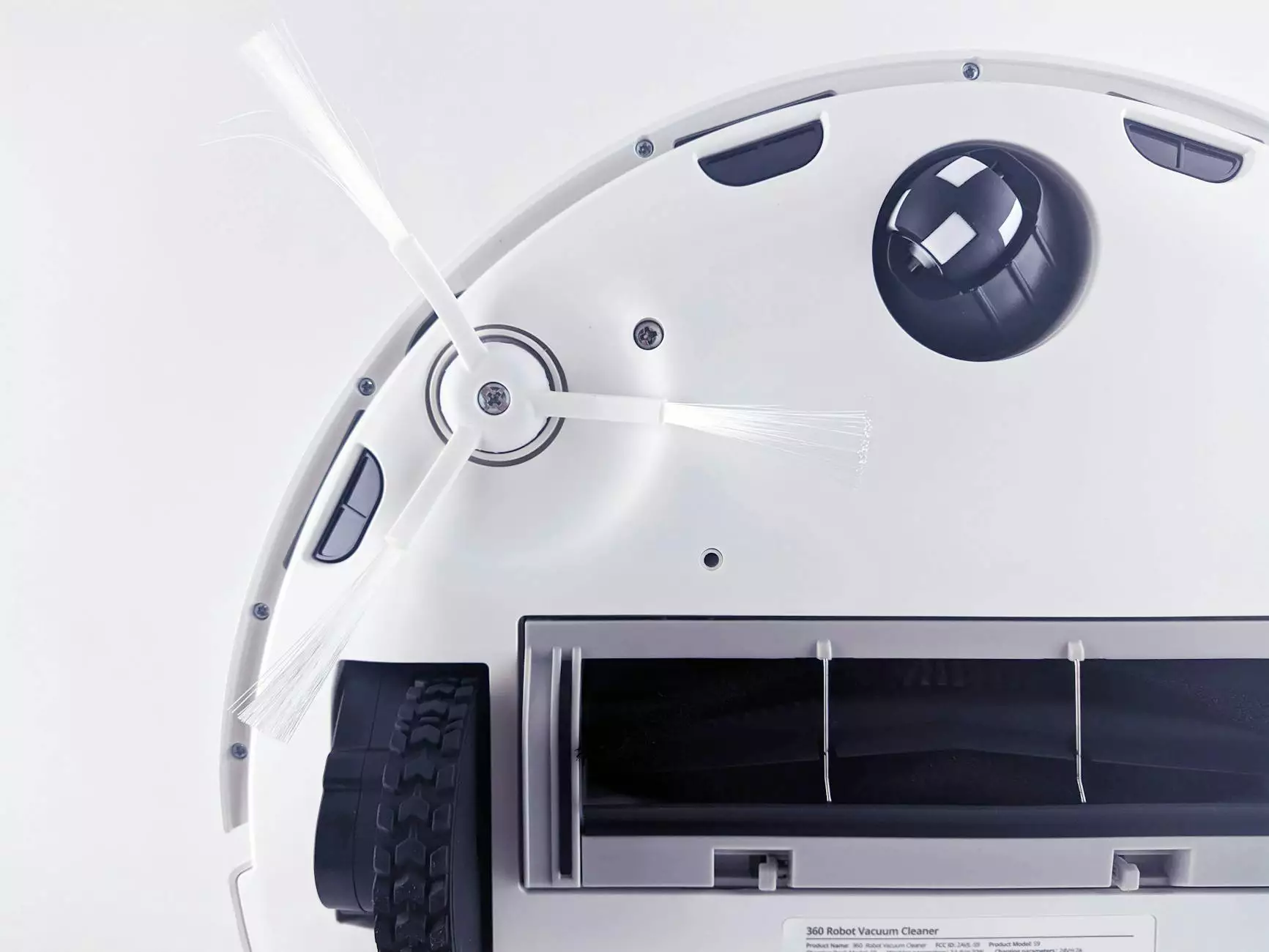Understanding the Importance of Drinkwater Filters

Access to clean and safe drinking water is a fundamental need for everyone. Drinkwater filters play a crucial role in ensuring that the water we consume daily is free from contaminants and safe for our health. With increasing pollution, the necessity of high-quality water purification solutions has never been more pertinent. In this comprehensive guide, we will explore the different types of drinkwater filters, their benefits, and why investing in water purification services, like those provided by waterverzachteraquagroup.be, is crucial for ensuring a healthier lifestyle.
What Are Drinkwater Filters?
Drinkwater filters, or water filtration systems, are devices designed to remove impurities from water through various filtration processes. These systems can vary significantly in design, purpose, and technology, tailored to meet diverse water quality requirements. The essence of drinkwater filters is to provide not only improved taste but also enhanced safety by removing harmful contaminants.
Types of Drinkwater Filters
There are several types of drinkwater filters available, each with unique features and functionalities. Here, we will detail the most common types of filters used in homes and businesses today.
- Activated Carbon Filters: These filters use activated carbon to trap impurities through adsorption. They are particularly effective in removing chlorine, sediment, and volatile organic compounds (VOCs).
- Reverse Osmosis Filters: Utilizing a semi-permeable membrane, reverse osmosis systems can remove up to 99% of contaminants, including lead, fluoride, and even bacteria. This method is excellent for purifying water for sensitive individuals.
- UV Water Purifiers: These employ ultraviolet light to kill bacteria and viruses, ensuring that the water is not only filtered but also disinfected. Ideal for microbiologically unsafe water sources.
- Whole House Filters: Installed at the point of entry into a home, these systems treat all water used within the house. They are particularly beneficial for removing sediment, chlorine, and other harmful substances.
- Pitcher Filters: A simple and cost-effective solution, pitcher filters come with a built-in filter that removes contaminants when water is poured through it. They are convenient for everyday use.
Why Are Drinkwater Filters Essential?
Commitment to health and well-being is a cornerstone of quality living. Here are several compelling reasons why drinkwater filters are essential:
1. Health Benefits
Contaminated water poses serious health risks, including gastrointestinal diseases, reproductive issues, and chronic health conditions. Drinkwater filters significantly reduce the likelihood of health problems by:
- Removing harmful bacteria and viruses
- Eliminating heavy metals like lead and mercury
- Filtering out organic contaminants and chemicals
2. Improved Taste and Odor
Many people shy away from drinking tap water due to its unpleasant taste or odor, often caused by chlorine or other additives. Drinkwater filters improve the taste and odor of water, promoting increased hydration and overall well-being.
3. Environmental Benefits
Utilizing drinkwater filters can significantly reduce the reliance on bottled water, contributing to waste reduction. Choosing an efficient filtration system means fewer plastic bottles in landfills and oceans, promoting a healthier planet.
4. Cost-Effectiveness
Investing in a drinkwater filter can be a testament to smart financial management. Instead of repeatedly purchasing bottled water, which can become expensive, you can enjoy safe water from your tap at a fraction of the cost. Over time, the savings can be significant, providing you with both quality water and monetary relief.
How to Choose the Right Drinkwater Filter
Choosing the right drinkwater filter is essential for maximizing benefits. Here are some factors to consider:
1. Water Quality Testing
Before selecting a filter, it’s crucial to test your water. This can identify specific contaminants that your filter should address. Many water testing kits are available, or you can contact professionals from waterverzachteraquagroup.be for detailed water analysis and recommendations.
2. Filter Type
Depending on the identified contaminants, you should choose a filter suited to those needs. For instance, if your water contains high levels of chlorine, an activated carbon filter may suffice, whereas, for bacterial contaminants, you may need a UV or reverse osmosis system.
3. Maintenance and Replacement Cost
Evaluating ongoing maintenance and replacement filter costs is essential when selecting a drinkwater filter. Some systems require frequent filter changes, which can add up over time. Always consider both the upfront investment and the long-term maintenance costs.
4. Certification and Standards
Verify that the drinkwater filter you choose meets safety standards and certifications from reputable organizations such as NSF International. This ensures the filter has undergone rigorous testing and is proven to perform effectively.
Common Myths About Drinkwater Filters
Despite their importance, there are misconceptions surrounding drinkwater filters. Let's debunk some of the most common myths:
Myth 1: All Filters Are the Same
While various types of drinkwater filters exist, they employ different technologies suited for specific contaminants. Understanding the distinctions is vital for choosing the right filter for your needs.
Myth 2: Filtered Water Isn’t Safe for Infants
This myth is unfounded. Many drinkwater filters effectively eliminate harmful bacteria and contaminants, making filtered water safe for babies. Always choose high-quality filters certified for safety.
Myth 3: Drinkwater Filters Are Expensive
While initial costs may vary, the long-term savings from reduced bottled water purchases can outweigh the investment. Additionally, some affordable options provide excellent filtration without breaking the bank.
The Future of Drinkwater Filters
As we advance technologically, the evolution of drinkwater filters becomes exciting. Innovations such as smart filtration systems equipped with IoT capabilities and enhanced efficiency are on the horizon. These advancements will provide consumers with even more ways to ensure their drinking water is clean and safe.
Conclusion
In summary, drinkwater filters are a vital investment in health, safety, and sustainability. The myriad benefits they provide, including the removal of contaminants and enhancement of taste, underscore their importance in modern living. By choosing the right filter and engaging professional water purification services from trusted providers like waterverzachteraquagroup.be, you can significantly improve your quality of life. Prioritize your health today by understanding and investing in drinkwater filters; your body will thank you for it.









